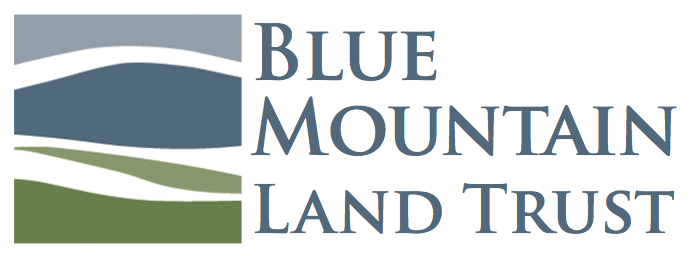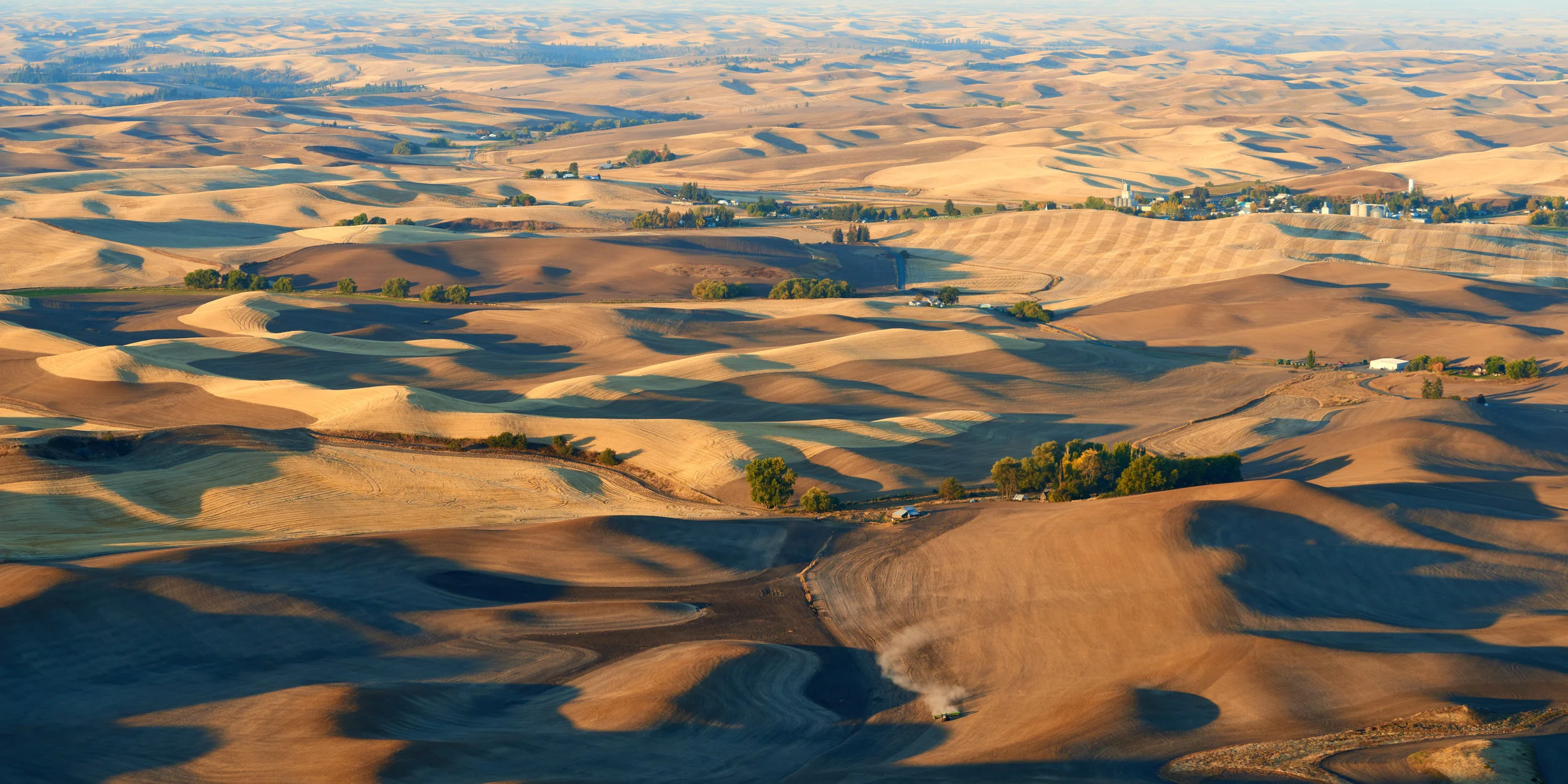What is a conservation easement?
A conservation easement is a voluntary, mutually-designed legal agreement between a landowner and a land trust or government agency that permanently limits uses of the land. Land placed into a conservation easement still belongs to the landowner, and the landowner retains the rights to sell the land or pass it to heirs. Most landowners with conservation easements continue to live on and manage the land for farming, ranching, recreation, and other uses. These agreements are tailored to meet the needs and long-term goals of each landowner.
Since our founding in 1999, we have acquired 19 conservation easements and purchased one property in Eastern Oregon totaling over 23,000 acres of habitat and river restoration projects, working farms and ranches, and mixed-use properties.
Download a copy of Your Land, Your Legacy to learn more about the process and benefits of conservation easements.
Community Benefits
WORKING FARMS AND RANCHES
Family farms and ranches are the backbone of eastern Oregon and Washington's landscape and local economy. Often, a conservation easement is the best way to ensure this tradition continues into the future.
WILDLIFE HABITAT
Conservation easements can preserve migratory corridors and habitat of native plants and animals. Easements can be drafted to still allow productive use on private land.
RECREATION
Outdoor recreation is vital to healthy communities. Private lands can be made available to the public by generous landowners, and a conservation easement can ensure that generosity is passed down to future owners.
CLEAN WATER
By limiting development, water is more likely to remain clean and abundant. Conservation easements can protect critical areas from development, thereby strengthening these important natural systems.
Landowner Benefits
LEGACY
For many landowners, a conservation easement means knowing that the generations of stewardship that have gone into their family lands will not be lost in the future. An easement may also be a key to assuring continued family ownership and management of those family lands.
FINANCIAL
When it is created, a conservation easement can be valued by a qualified appraisal. When an appraised easement is donated, the landowner may be eligible for an income tax deduction based on the value of the easement. In some cases, conservation easements may be purchased for its fair market value. In this case, the landowner receives a lump sum payment.
SUCCESSION PLANNING
A conservation easement can be an effective estate planning tool, as it will often reduce estate taxes on the property. This can help the heirs avoid having to sell the property, allowing family farms and ranches to be passed on intact to the next generation.








